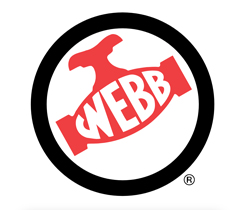Propane-powered vehicles improve company’s operating efficiency
Colonial Airport Parking, which transports travelers to and from Philadelphia International Airport, has increased its operating efficiency and decreased emissions since turning to propane autogas three years ago.
After researching various types of conventional and alternative fuels, the company purchased two E-450 shuttles, each equipped with a Roush CleanTech engine. Three years later, the company now operates eight propane shuttles. According to the company, two remaining gasoline buses will be replaced next year, making the fleet 100 percent propane-fueled.
According to the company, propane has allowed Colonial Airport Parking to cut fuel costs by 32 percent and bus maintenance costs by 28.4 percent and its current fleet will emit 730,000 fewer pounds of carbon dioxide over its lifetime.
“By choosing propane, we’ve reduced our carbon footprint, improved our operating efficiency, better served our customers and prevented local residents from breathing in a lot of unnecessary pollution,” says John Groden, operations manager for Colonial Airport Parking.
The airport shuttle operation applied for a grant through the state of Pennsylvania, which covered half of the incremental cost of the shuttles, according to the company.
“[The shuttles] already have 140,000 miles on them, and have had no issues other than routine maintenance,” Groden says. “Our mechanic is astonished at how clean the oil is when our propane vehicles are due for service, and our drivers say that the propane vehicles function better than our gasoline vehicles, especially during cold winter months.”
The buses’ Roush CleanTech fuel system uses propane liquid injection, which aids in the elimination of cold-start issues while also producing the same horsepower and torque, according to Todd Mouw, vice president of sales and marketing for Roush CleanTech.
Currently, the company fuels its shuttles off-site, leaving more parking spaces available to customers.
















